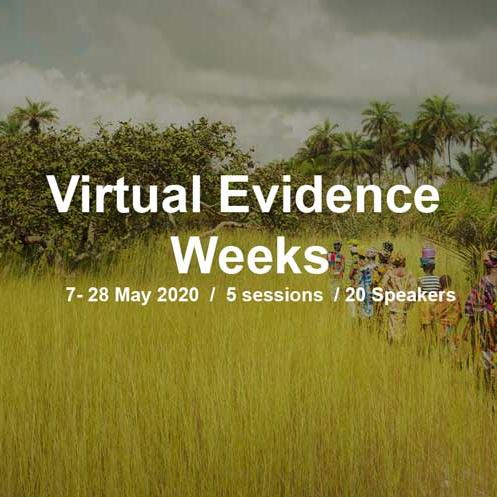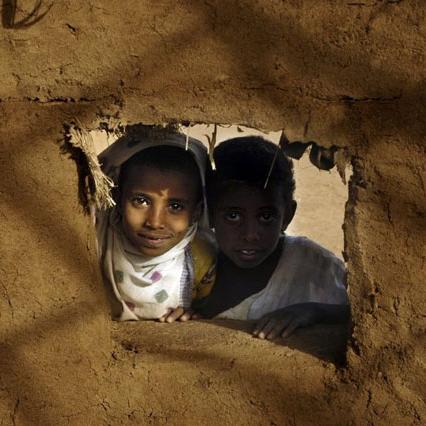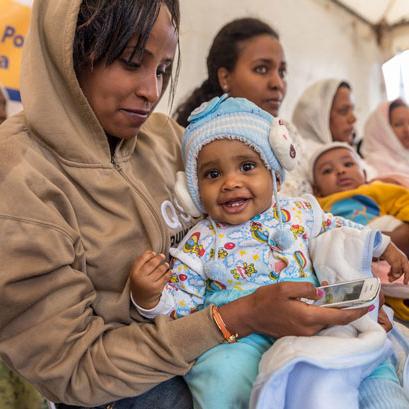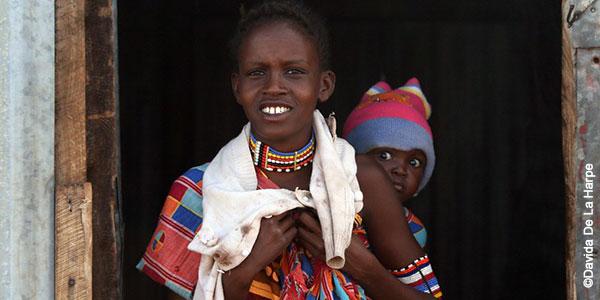Events
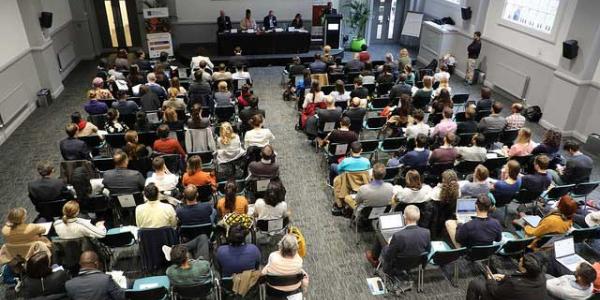
3ie hosts seminars, workshops and conferences in multiple locations across the world. These events focus on sharing the latest evidence, innovations in evaluations, systematic reviews, gap maps, replications and evidence use. They are a platform for vibrant discussions and debates between researchers, policymakers and programme managers on priority topics.

